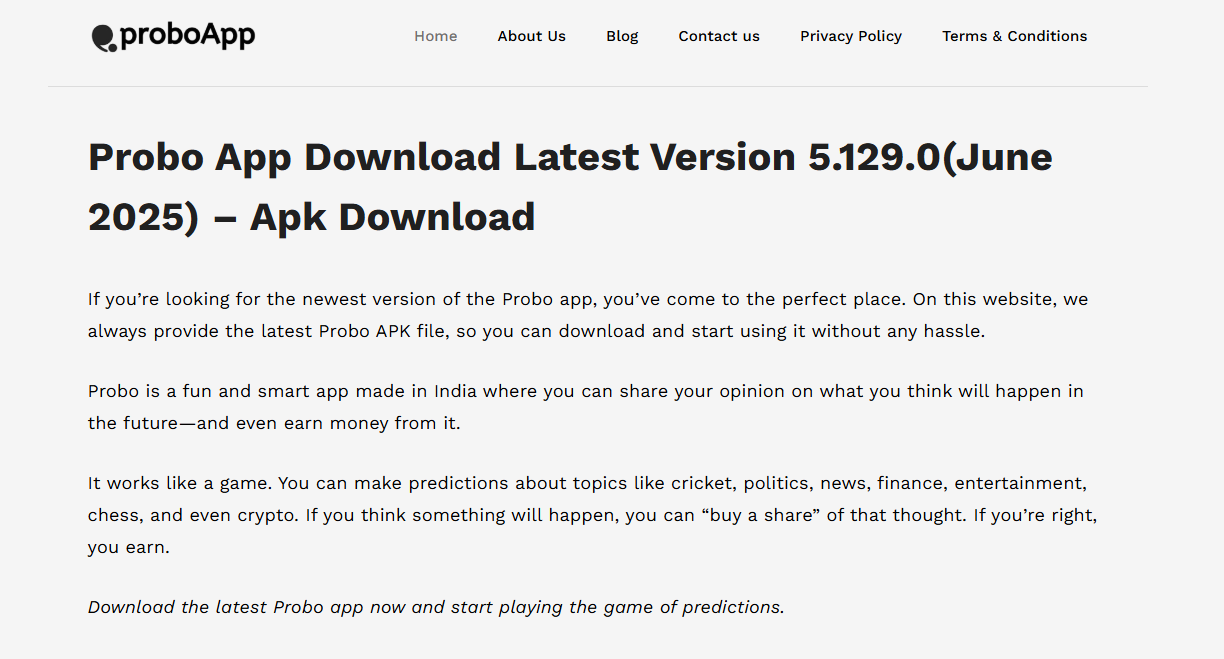How to Choose the Best CRM for Your Small Business: A Step-by-Step Guide
For any small business owner, connecting with customers is a must, and communication should flow smoothly. That’s where Customer Relationship Management software (CRM) comes into play. Good CRM helps businesses maintain customer interactions, streamline processes, and drive growth. Choosing the best CRM for a small business can be overwhelming, as so many choices are available. The right CRM will revolutionize your interactions with clients, while the wrong one will lead to frustration and be considered a waste of time and resources.
Read this article to learn how to choose the best CRM for business. This step-by-step guide will help you improve your relationship with customers and eventually lead to the growth of your business.
Step 1: Identify Your Business Needs
Understanding what your needs are the most crucial part of choosing CRM software for your business.
Ask yourself this question: what problems do you want to solve using that CRM? Is it increasing sales, managing customer support, or driving marketing campaigns more effectively? Understanding where you need intervention will automatically provide the answer to the right tool.
Key Questions to Ask:
- For which particular tasks do I need help?
- What is my budget for CRM software?
- How many people in my team will use the CRM?
- Do I need features involving automated emailing or analytics?
You will know what exactly to look for in CRM solutions if these needs are clearly identified.
Step 2: Seek Out Ease of Use
After all, a CRM will only be as good as how painless it is for your team to use. For a small business, this means minimum technical resources and ease of use should be a priority. When selecting a CRM, allow for an intuitive and user-friendly interface for employees of all degrees of computer literacy.
Look for CRMs that have the following features:
- User-friendly interface: The interfaces should be easy to use and allow for easy addition of contacts, task management, and navigation within the system.
- Training and customer support: Find out if the CRM company offers tutorials, guides, or any customer service that can bring you up to speed as soon as possible.
- Customizable Dashboards: Your team can customize the layout to improve organization and maintain a laser-like focus on current and future events.
Remember that a CRM is always meant to simplify your work process, never to complicate it.
Step 3: Consider Your Budget
Since yours is a small business, your budget likely isn’t huge. Unsurprisingly, a majority of options come relatively affordably. The best CRM for a small business definitely does not have to come at an exorbitant price. In addition to the free version of each leading CRM software, you shall find some budget plans catering to your needs regarding all-core features.
When choosing CRM software:
- Assess pricing tiers: Most CRMs are priced similarly on a tiered structure, with the basic plans relatively inexpensive and the premium plans offering additional features.
- Hidden costs: While some CRMs are free, many of them charge for add-ons like advanced reporting or integrations with other tools.
- Look for free trials. Many CRM platforms offer free trials so you can try the software before paying a subscription fee.
Make sure you choose a CRM that offers the best value for the features you need.
Step 4: Make sure it integrates with your existing tools.
Among the features considered essential to have in CRM software, there is certainly integration. Your business is most probably already using some tools like either one or another email marketing platform, some accounting software, or project management applications. A CRM able to be smoothly integrated with those tools will save you lots of time and reduce manual data entry.
Check if the CRM provides:
- Email Integrations: Integrations of your CRM with emailing services like Gmail or Outlook can ease communication.
- Accounting software: If, for example, the CRM supports integration with programs such as QuickBooks or Xero, then financial tracking will go a lot smoother.
- Social media: Most CRMs would have provided the ability to track interactions on social media platforms like Facebook and Twitter, so check for those capabilities where relevant.
Step 5: Scalability
Your small business is bound to grow, and with the growth comes the need for a CRM that will grow right along with you. Look for CRM software that will scale with your company and your evolving needs.
Scalable CRMs often offer:
- Advanced large-team features: When your business is already considerably big, advanced reporting and data analytics could be useful, and the automation of workflows is when you might want more tools.
- Flexible user limits: As your team grows, you’ll want a CRM that can accommodate more users without jacking up the price.
- Customizable: A scalable CRM should enable you to add or remove features at will, based on your needs.
Step 6: Security and Data Privacy
Data privacy is important mainly because small businesses do not have a dedicated IT team. Ensure your selected CRM complies with GDPR or CCPA laws and follows all security precautions.
Some essential features to check include:
- Data Encryption: The CRM will encrypt your customer data.
- User control: The CRM should allow you to provide access or not to sensitive information.
- Back-up and recovery: The system should incorporate back-up features that would prevent loss of data.
Step 7: Customer Support
Even the most intuitive CRM will sometimes require a little support, so be sure that whatever CRM is chosen offers decent customer support, 24/7, if possible.
Frequently Asked Questions (FAQs)
- Which CRM is best for a small business?
The best CRM for a small business is the one that will meet your specific needs. Among the popular options are HubSpot CRM, Zoho CRM, and Salesforce Essentials. These platforms offer affordable plans and powerful features and tailor them to small businesses. - How much does CRM software for small businesses cost?
All these small business CRM software can cost from free to several hundred dollars per month. Many CRMs offer their basic versions for free; however, paid plans usually range from $12 to as much as $50 per user monthly. - What to Look for in a CRM for Small Business
Key features include, but are not limited to, monitoring sales, support for clients, marketing automation, ease of integration with other business tools, ease of use, and mobile access. - Will a CRM be able to help me with my email campaigns?
Yes! Most CRMs have either in-built email marketing or integrations with email platforms that can help you automate your campaigns and give you performance tracking.
In a Nutshell!
Picking up the best CRM for small business is one of the greatest decisions that can be a key determinant in the path to your company’s outstanding success. With the steps mentioned in this article, you will be taken through the process of making an informed and objective decision that aligns with your business goals. Remember to identify your needs and review options based on ease of use, cost, integration, scalability, and customer support. A CRM is meant to help you streamline your operations, strengthen customer relationships, and ultimately grow your business. Follow all the steps mentioned above and take your customer relationship management to the next level!












Post Comment